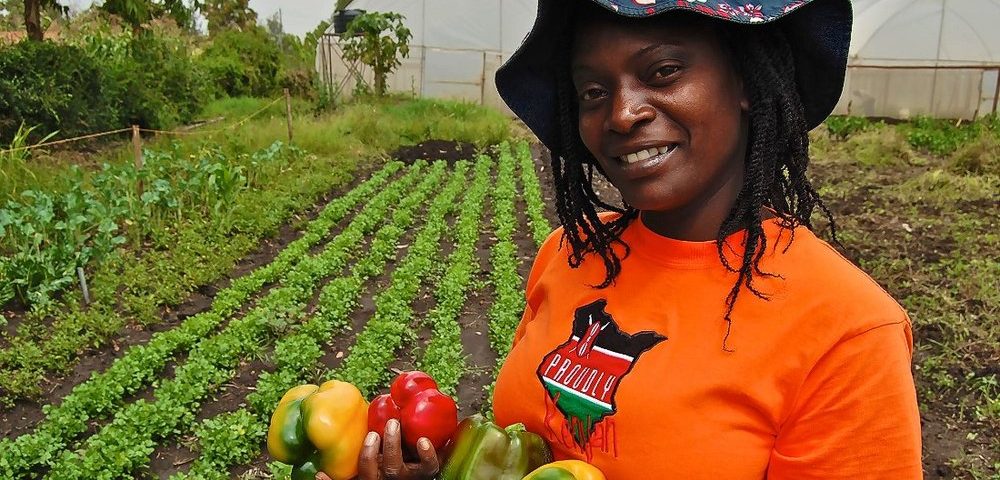Investments in agriculture technology in Africa have seen $19-million invested in the past two years, with a new report showing agri-tech startups have grown 110% in the period.
There are 82 agri-tech startups operating across the continent at the start of this year, 52% of which started in the last 24 months, according to the Agrinnovating for Africa: Exploring the African Agri-Tech Startup Ecosystem Report 2018 report by Disrupt Africa.
Kenya and Nigeria both lead the agri-tech markets, followed by Ghana, and collectively account for over 60% active startups in the sector.
Although the report tracks annual startup activity in the agri-tech space since 2010, the authors say it began to boom in 2016, after which 43 new ventures were launched.
“The research shows that while Kenya was the early pioneer of the African agri-tech sector, accelerating interest in West Africa over the past two years means this region now dominates the market; and is home to two of the top three agri-tech ecosystems on the continent,” Disrupt Africa co-founder Tom Jackson said in a statement. ““Everyone knows how important the agricultural sector is across Africa, but until very recently it remained relatively untouched by tech innovators. That is suddenly changing as entrepreneurs and investors realize the scale of the challenges facing farmers, and spot opportunities to reach huge addressable markets.”
“The scope for innovation in the agricultural sphere is vast – a refreshed take on the sector could unlock huge value for the whole of Africa,” says Gabriella Mulligan, co-founder of Nairobi-based Disrupt Africa. “Behind the scenes, there has been formidable acceleration in the agri-tech market recently, and it is one of the most interesting spaces to watch in Africa today.”.
The report shows how the continent’s entrepreneurs are already disrupting the agricultural industry, she adds, especially in using e-commerce agri-focused platforms accounting for 32.9% of startups.
One such entrepreneur is Ntuthunko Shezi, whose startup is called Livestock Wealth and sells a “share” in cows in South Africa. Calling it “crowdfarming” he believes people can invest in cattle, which have traditionally been a signifier of wealth in Africa, instead of stock markets.
“Given the space that Africa has, this business model could help the continent once again become the breadbasket of the world,” Shezi said at TEDxJohannesburg’s#HackingTheFarm event in Johannesburg in March.
“We can grow through crowdfarming. Sole ownership isn’t possible for a lot of people, but partial ownership is.”
Thato Moagi is a 27-year-old farmer in South Africa’s northern Limpopo province, who traded the upmarket Bedfordview suburb of Johannesburg for the Legae La Banareng Farms, where she is he managing director and overseas crop and livestock production.
“Agriculture isn’t very sexy,” says Joshua Ngoma, a mining engineer who now works with entrepreneurs through the Enterprising Africa Regional Network (EARN) Group he founded in 2013.
“How do you put wheels on agriculture?” he asked.
His solution is to train young farmers but also to give them business and technical skills training. “We also need to change the exit plan. This is a 360 degree model; while training progresses the program looks at funding options for the, either by buying land from the government or tribal authorities. Once they’re settled they can begin work and start producing.”
His network also offers access business and agricultural specialists to help operate the business much like other startup initiatives do in the tech space.
Shapshak is editor-in-chief and publisher of Stuff magazine. Based in Johannesburg, his TED talk on innovation in Africa has had more than 1.4 million views.
—————————————————————————————————————————————-




